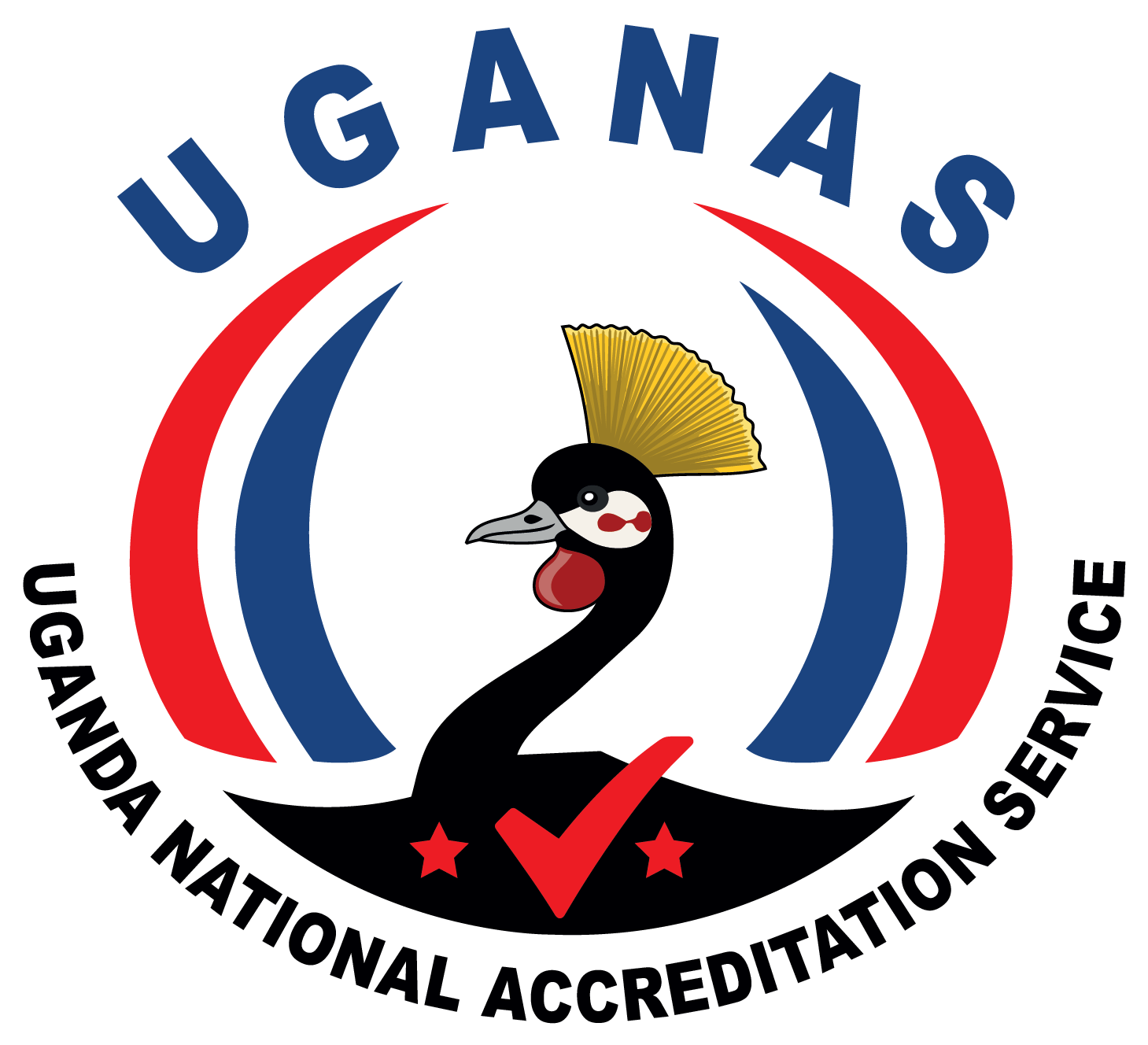



Training on Accreditation
Training on accreditation is essential for organizations aiming to meet recognized standards of quality, safety, and performance. It ensures that staff understand the requirements and processes necessary to achieve and maintain accredited status, which in turn enhances credibility, operational efficiency, and stakeholder confidence.
Training on accreditation is not just about passing an audit—it’s a strategic investment in organizational excellence. It empowers staff, improves systems, and lays the foundation for consistent, high-quality outcomes.
Key Reasons Why Accreditation Training Is Important:
- Improves Compliance and Readiness
- Ensures employees understand accreditation standards and regulatory requirements.
- Prepares staff to participate effectively in audits and site visits.
- Helps identify and close compliance gaps before official assessments.
- Enhances Quality and Performance
- Promotes a culture of continuous improvement and accountability.
- Aligns processes with best practices and industry benchmarks.
- Encourages data-driven decision-making and quality monitoring.
- Reduces Risk
- Minimizes the chances of accreditation failure or penalties due to non-compliance.
- Supports better documentation, reporting, and policy implementation.
- Equips teams to handle critical observations and corrective actions efficiently.
- Boosts Organizational Credibility
- Accreditation signals that an organization meets high standards of quality and safety.
- Enhances reputation with customers, clients, regulators, and funders.
- Can be a competitive advantage in grant applications, partnerships, and contracts.
- Encourages Staff Engagement and Ownership
- Builds awareness and shared responsibility among employees.
- Clarifies individual and departmental roles in maintaining standards.
- Motivates staff by showing how their work contributes to broader organizational goals.
- Supports Sustainable Accreditation
- Helps organizations move beyond a one-time audit mindset to long-term compliance.
- Establishes systems for regular internal reviews and quality improvements.
- Reduces the stress and workload associated with reaccreditation cycles.



